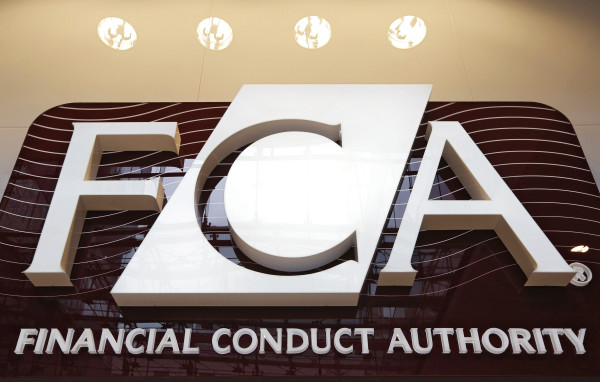

Speaking at the FCA’s annual public meeting press conference, Megan Butler, the regulator’s executive director of supervision, said the FCA would consider a redress scheme if the scale of bad DB advice warranted it.
Such a scheme would see advisers pay into a pot from which consumers are then compensated.
She said: "As we go through the next phase of our work on [DB transfer advice], if we find firms who have committed misconduct in that area we will of course look to make sure that anyone who has suffered loss is put right through that process.
"At this stage, we are looking to do that firm by firm. Depending on what we find as that progresses, we will consider if we need to have a broader view of how to achieve redress."
Ms Butler said the key issue was to establish whether a firm was providing advice inappropriately and to stop them providing advice if so.
The second step, according to Ms Butler, was to ensure firms gave appropriate compensation to the consumer.
She added: "If we need to do more than that because we find a different scale of issue there, then we will think about our other options that may be on the table in front of us as it could become impractical.
"Once we know the sale and size of the issue, then we can ascertain whether we need to put in a broader scheme."
The FCA has cracked down on the DB transfer market recently after it detected large volumes of substandard advice.
It had voiced concern about the volumes of recommendations despite the FCA’s stance that transfers are likely to be unsuitable for most clients.
Yesterday, Ms Butler also defended the FCA’s backing of the Financial Ombudsman Service compensation limit hike — despite warnings it would increase professional indemnity insurance by such an extent it could see advisers leave the market.
She said: "We have about 10,000 financial advisers and about 3,000 working in the context of pensions.
"We were conscious that when we changed that limit the insurance would come under pressure and we thought that a market on that scale could lose a few without limiting access to good quality advice for consumers."
Ms Butler told the conference that in circumstances where advisers were unable to get cover it "might be indicative of the work they are doing".
From April 1, the FCA increased the Fos compensation limit from £150,000 to £350,000, despite insurers forecasting a hike in PI insurance premiums that could "cripple" advisers.
FTAdviser heard of cases where advisers saw their PI excess go up as much as tenfold as a result of the compensation increase, and advisers have faced a variety of quirks in PI cover since the limit, including exclusions, higher premiums and shared liability policies.
The regulator stated the move would create a "more focused" advice market and board minutes from an FCA board meeting suggested they were amenable to the idea the increase would lead to a smaller number of advisers operating in this space.
Also speaking at the press conference, chairman of the FCA Charles Randall said the regulator was "not happy" to see a "shrinking, more concentrated market" but that it was "one possible outcome of the measures" it took.
He added: "We decided in the balance it was a consequence we were willing to take."
Mr Randall also said some advice firms were "incapable of internalising the costs of their own actions" which had resulted in the consequences of the advice falling back on the Financial Services Compensation Scheme.
He added: "I think, quite rightly, parts of the industry such as good firms are not very happy to continue to subsidise the failing firms."
imogen.tew@ft.com
What do you think about the issues raised by this story? Email us on fa.letters@ft.com to let us know.



